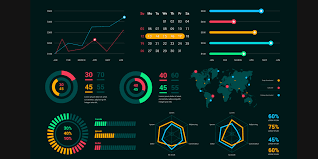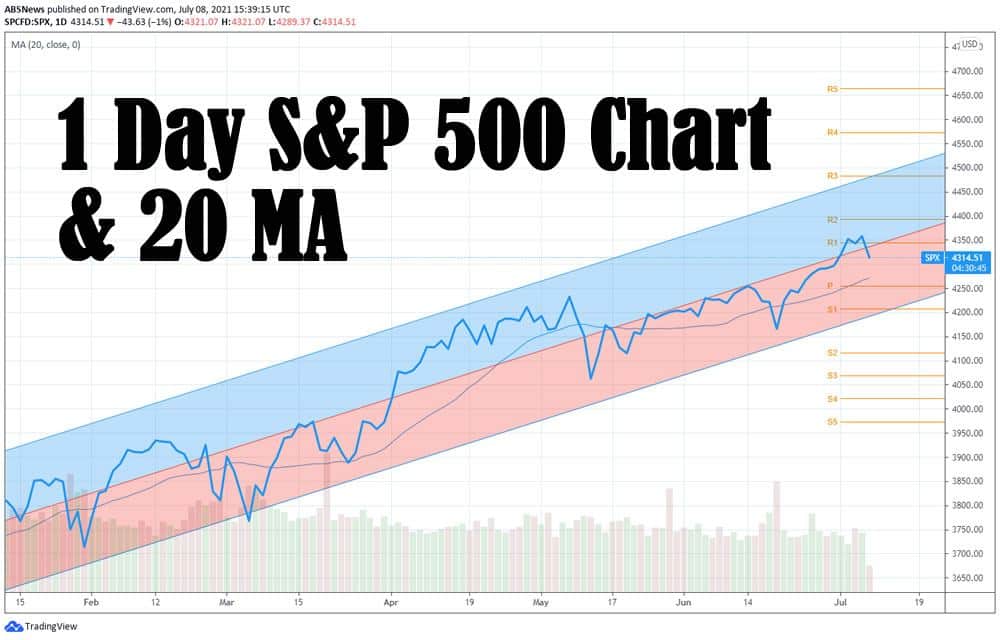Economics is one aspect of business that entrepreneurs should really be familiar with. All things considered, business is run by economic trends. Regulations of supply and demand, for example, define the costs of commodities. Additionally, it determines what particular goods are more saleable and what aren’t. The problem of the gross domestic product also gives investors insight in regards to what how healthy a country’s financial environment is. Obviously, a substantial focus should really be diverted by an entrepreneur to business economics. It is only in this way he will have the ability to weather any entrepreneurial problems.
Remember, business isn’t only a numbers game. It can be that there is some diversity between the needs of a nation and of its people. Therefore, a company cannot be assured that while it patronized one sector, it will also be supported by another.
Take bootleg products for instance. Yes, it’s certain that the quality of the item is compromised. However, the difference in the expense is quite definitely valued in the microsystem. However, it’s a different story at the macro level. Since distributing pirated products is illegal and costs the country huge losses in tax collection and business permit payments, it’s greatly frowned upon.
An entrepreneur applies business economic principles to be able to weigh whether certain business decisions are smart or risky. It talks about possible changes and movements in the economic setting of a nation to be able to gather a far more viable conclusion. The important thing, knowledge in how certain circumstances affect the general performance of the country’s economy gives entrepreneurs more control over their investments.
To comprehend the advantage derived by an entrepreneur from business economics, let’s play out a situation here. It cost countless dollars in damages and displaced thousands of people from their homes and work. Let’s say that this commercial capital produces some of the very essential goods supplied to other parts of the country. What might be its impact on general business dynamics? And how would you be able to make business given this example?
Seeing through the lens of economics, the entrepreneur can predict that the collapse of factories and business centers, as well as the displacement of workers, can cause a cease in productivity. Now, while there is less way to obtain goods, their prices will skyrocket. This actually favorable and companies can take advantage of this. But considering that there are fewer people in the vicinity, it’s expected that there is a decline in estimated profits as you can find fewer consumers. Regardless, scarcity will generate a need. Entrepreneurs have to maneuver their marketing strategies with some consideration to customer’s conditions.
Rehabilitation focus will also diminish people’s purchasing power, thereby weakening economic activities. This may affect how investors see it. In the long run, you will have fewer incoming finances. That is unhealthy.
So businessmen shouldn’t relish in scarcity for long. To be able to recuperate and improve entrepreneurs can apply for loans and start rebuilding infrastructures. But this is a risk on their part as they have to work double-time and guarantee that upon completion of rehabilitation, they will gain greater revenue. Again, economics will answer this.
 Lifeyet News Lifeyet News
Lifeyet News Lifeyet News





